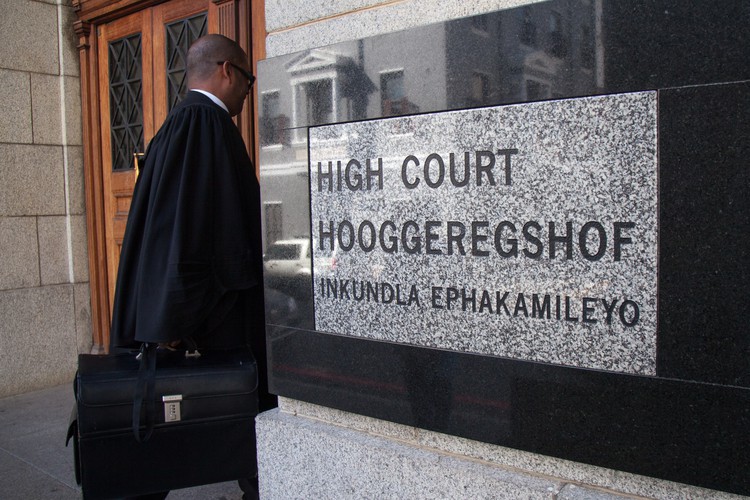Judge rebukes Cape Town refugee centre
DRC asylum seeker was not given adequate reasons for refusal of application
A Western Cape High Court judge has rebuked the Department of Home Affairs for its treatment of an asylum seeker from the Democratic Republic of Congo. Archive photo: Ashraf Hendricks
- A refugee from the DRC applied for and received a temporary permit in 2007 from Home Affairs Cape Town refugee centre.
- When she applied again, her permit was refused because she was accused of having lied about her age.
- In 2016 she was threatened with deportation.
- Judge Patrick Gamble has ruled that she was not given adequate reasons.
- He told the Department of Home Affairs to reconsider her application.
The Western Cape High Court has ordered the Department of Home Affairs’s refugee centre in Cape Town to reconsider an asylum application by a Democratic Republic of Congo (DRC) national who was accused of lying about her age when she fled to South Africa.
“The Constitutional Court has stated that asylum seekers are entitled to administrative action that is lawful, reasonable and administratively fair. And seekers are entitled to adequate reasons. In this case, the Refugee Determination Officer failed to measure up to this. The reasons are neither intelligible nor informative,” Western Cape High Court Judge Patrick Gamble said in his ruling this week.
The matter before him was that of “LM” who fled the DRC with her aunt in 2007 when she was about 12 years old. She settled in the Western Cape and attended school there.
She was refused asylum in 2014 and in 2016 was threatened with deportation because, officials said, “she does not know her own country” and had given contradictory versions of her date of birth when she arrived in South Africa.
LM, in her affidavit, said she had “some recollections of living with her mother in the midst of a brutal civil war”.
“Rebels began burning houses and when I was 12, I recall my mother handing me over to my aunty, who took me and her own child to South Africa. It was a long journey.”
She said she recalled going to the Refugee Reception Office in Cape Town in 2007 with her aunt when she was 12. She was granted a temporary refugee permit.
But according to the document she was born in 1987, not September 1994. And when she applied again in 2014 her asylum was refused, and in 2016 she was threatened with deportation, on the basis of discrepancies in her birth date and of apparent contradictions in what she said about the DRC.
LM said she had only realised that certain details on the form, including her date of birth, were incorrect when she applied later for another permit and when her English had improved. “I was scared. I could not understand English. They took my fingerprints. I had no idea what was being said,” she said in her affidavit.
Judge Gamble said it appeared as though LM’s date of birth had been overwritten by a marker pen to reflect the date as September 1987, not September 1994. “It is impossible to detect if it was changed,” he said. But the form was clearly filled out by different people, presumably the official and then a French-speaker, the aunt, who was used as an interpreter, he said.
Regarding the State’s conduct in the litigation, Judge Gamble said there had been no meaningful engagement.
“The response is largely made up of rote allegations, a repetition of meaningless mantra.
“They gave no substantive reasons to refuse to grant her asylum and dismissed the current turmoil and internal unrest (in the DRC) as lacking any relevance.”
Instead, her application was deemed to be “manifestly unfounded”.
Judge Gamble said: “International authorities all appear to adhere to the principle that such a finding can only apply to the clearest of cases, to weed out fraudulent or bogus claims.
“She was at least entitled to know what aspects of her case were untrue and which were attributable to possible misunderstanding given her age when the first form was completed and the complications arising from language and interpretation.”
Judge Gamble reviewed the decisions to refuse her asylum and set aside authorisation for her deportation. He specifically ruled that the same official must not be involved in the reconsideration of her application.
Next: Lockdown in pictures - Day 104: Line of duty
Previous: Three months in prison for trying to recycle waste during lockdown
© 2020 GroundUp.
This article is licensed under a Creative Commons Attribution-NoDerivatives 4.0 International License.
You may republish this article, so long as you credit the authors and GroundUp, and do not change the text. Please include a link back to the original article.



